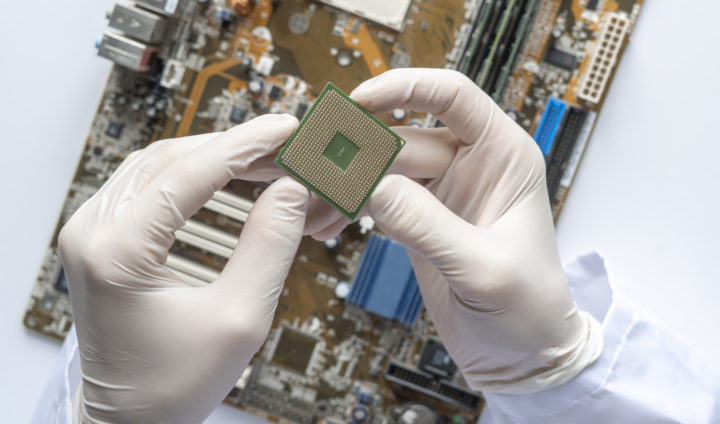Geopolitical competition over chip and semiconductor production is intensifying, especially between the United States and China, as tensions escalate around Taiwan’s critical role in this field. Taiwan produces 60% of the world’s sub-7-nanometre advanced chips, which are crucial for artificial intelligence, 5G technologies, and military systems, placing the island nation at the centre of a major trade and technology struggle. Leading Taiwanese manufacturers, including Taiwan Semiconductor Manufacturing Company (TSMC), United Microelectronics Corporation (UMC), and MediaTek, are key players in the global market, competing alongside industry giants from the Netherlands, South Korea, and the United States.
To reinforce its position, the US has committed billions to support semiconductor companies via the CHIPS and Science Act, increasing TSMC’s production at its Arizona facility. However, this plant still falls short of matching Taiwan’s production of the most advanced 2-nanometre chips. Meanwhile, China is rapidly building its own semiconductor capabilities through firms like HiSense, Biren, and the Semiconductor Manufacturing International Corporation (SMIC) as it seeks greater self-sufficiency. These domestic investments are seen as crucial given the disruptions caused by the COVID-19 pandemic and recent geopolitical conflicts, highlighting the importance of locally controlled production.
Experts anticipate continued global demand for semiconductors as AI and digitalisation drive demand in sectors such as healthcare, finance, and transport. Stephen Ezell of the Information Technology and Innovation Foundation (ITIF) asserts that Taiwan’s role remains indispensable due to its sophisticated production processes. While the US seeks to bolster its supply chain by collaborating with allies such as Japan, China aims to mitigate reliance on foreign technology. Industry analysts predict the emergence of two distinct semiconductor supply chains, one serving Western interests and the other catering to Chinese needs. As Taiwan remains susceptible to regional pressures, countries worldwide are prioritising resilient and diversified supply chains for semiconductors.







